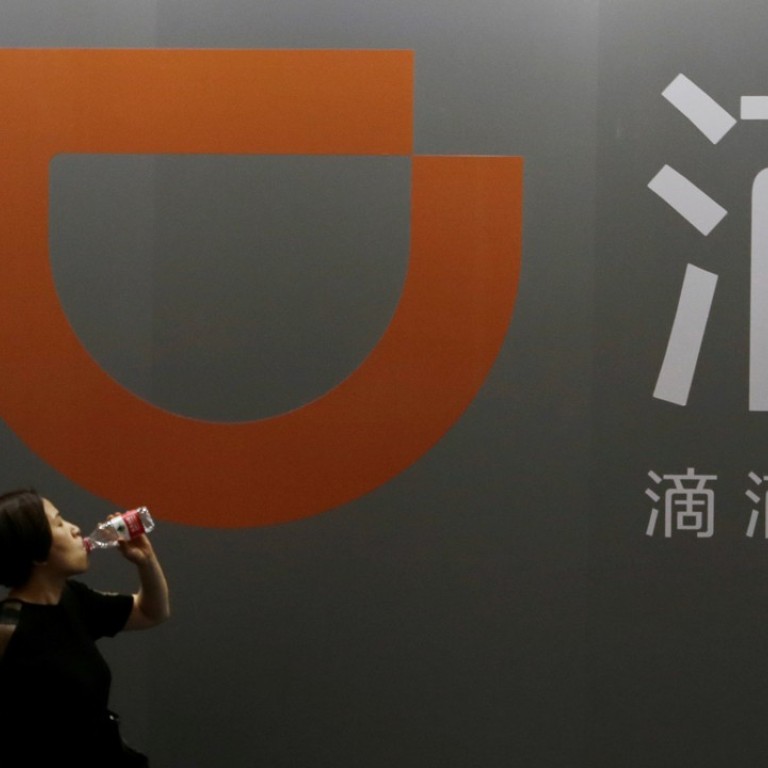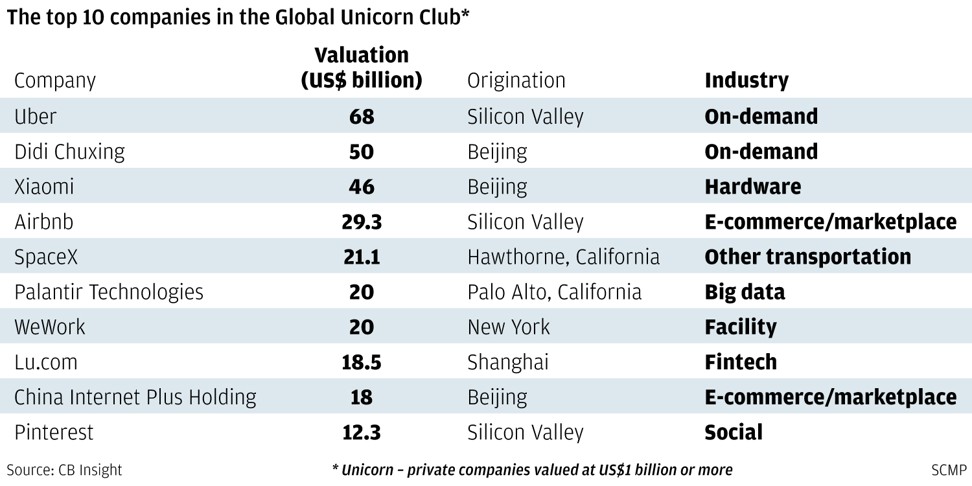
Didi Chuxing, China’s Uber, is building countrywide charging network to drive into EV future
Ride-sharing platform gives boost to China’s plan to dominate EV sector
Didi Chuxing, dubbed as the Chinese equivalent to Uber Technologies, announced on Thursday that it has set up a joint venture to build a charging network for universal use across the country, accelerating China’s drive towards global supremacy in electric cars.
Didi, operator of the world’s largest ride-hailing services platform with more than 450 million users, has teamed up with Beijing-based Global Energy Interconnection Development and Cooperation Organization (GEIDCO) to provide charging networks, battery reuse and other services in a bid to popularise electric vehicles (EV). GEIDCO is a Beijing-based non-profit organisation dedicated to promoting sustainable development of energy worldwide. However, its role in the joint venture is unclear.
Without revealing the size of the joint venture or its investment, Didi said in a statement that it has already started working on building an EV charging system called Orange Energy, a service designed to interconnect existing charging stations and put them on Didi’s platform.
“By opening the system to partners around China, we will first provide charging services for the 260,000 EVs on our own platform and later serve families and the public with the expansion of the infrastructure,” said Cheng Wei, founder and chief executive of Didi.
Headquartered in Beijing, Didi, which acquired Uber’s China business last year, has been ramping up effort in artificial intelligence research as well as environmentally-friendly mobility technologies, as it sees autonomous driving and green energy cars are the main directions for future ride-sharing business.
“The future of transport is new energy vehicles, and ride-sharing will be a key link in promoting new energy on the road,” said Cheng.
Over 260,000 EVs run on Didi’s platform out of a global total of 2 million, making the company the world’s largest EV fleet operator. Cheng said the company will expand its EV fleet to 1 million by 2020.
Didi’s announcement comes amid China’s reinforced effort to become a global leader in EV.
The country, which has created the world’s largest electric car market with its generous incentives and encouraging regulation, issued a new regulations in September that mandates most car makers to sell a minimum number of new-energy vehicles every year from 2019.
Having tried and failed to catch up with Western makers of traditional vehicles, China is betting big on electric cars to put it in a dominant position in the global car industry. The lack of charging networks has been seen as one of the main challenges that hamper the rapid expansion of EVs in China.
Didi closed a massive funding round worth more than US$5.5 billion in April that raised its valuation to about US$50 billion, up from US$34 billion when it bought Uber’s mainland business in 2016. The company now ranks as the world’s second largest start-up by valuation after Uber.


